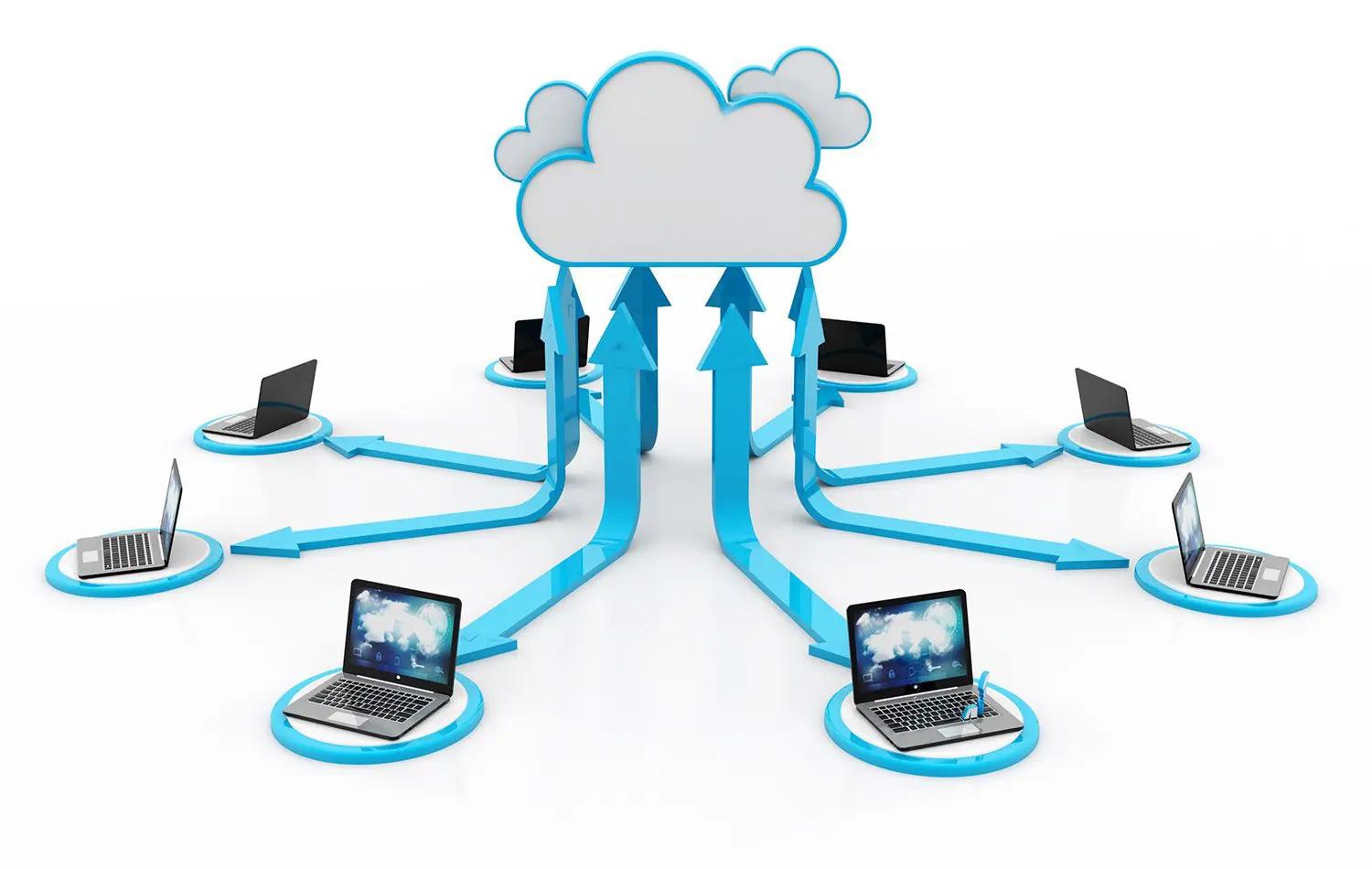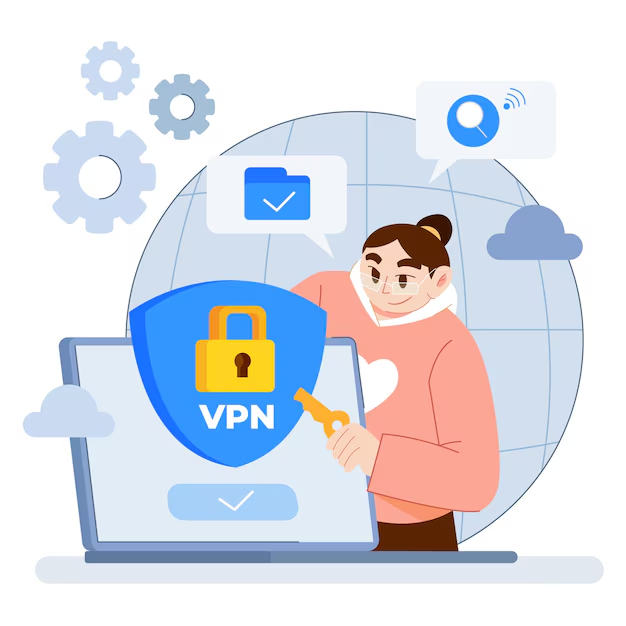A story most businesses can relate to
This story is about a franchise company with a corporate headquarters and franchise branches throughout North America. In such a distributed and dispersed business environment, employees are constantly on the move and need to access their applications and data outside of the headquarters.
Like most other businesses, this company uses a VPN for remote access, but encountered several problems. Lousy Internet or a weak Wi-Fi signal were among the issues users faced that made file access extremely difficult. High latency resulted in poor results and user experience, with response times ranging from 90 to 100 milliseconds.
The company also tried remote desktop solutions from Citrix and VMware for remote access, but setting up and maintaining a remote desktop system was very expensive. It required hardware, software, ongoing maintenance, upgrades, training and support.
Copying files from franchise offices to file servers at corporate headquarters became a nightmare. In addition, off-site file sharing required copying corporate data to cloud storage services such as Dropbox or ShareFile, resulting in Data Sprawl and higher costs. The company simply wanted to provide its field employees and franchisees with secure, mobile access to on-site file servers.





